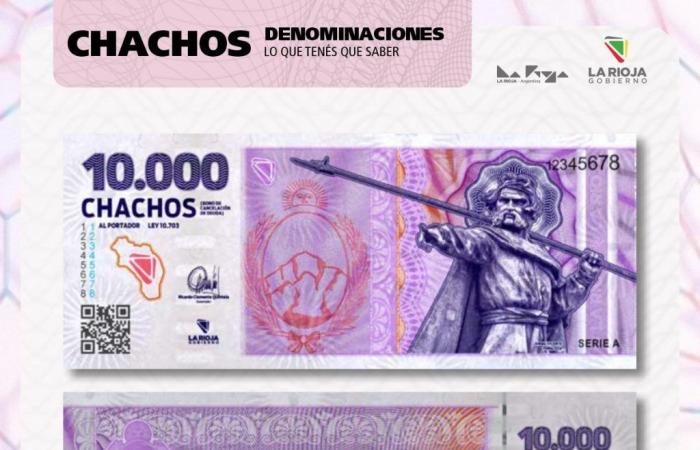The governor of La Rioja, Ricardo Quintela, has announced through his X account that the province will begin issuing Debt Cancellation Bonds (BOCADE), a form of quasi-currency, to pay part of the salaries of the highest-ranking officials. This measure, authorized by the provincial Legislature in January, aims to address provincial debts and expenses due to the lack of sufficient funds.
“In July, the circulation of Debt Cancellation Bonds will begin. The first to receive part of their salary in this way will be the highest-ranking officials. For the rest of the workers, in August, we will make a one-time payment of a 50 thousand pesos Bonus that will be paid in BOCADE,” wrote the governor in his announcement.
Quintela explained that the issue of these bonds is due to a debt that the national government has with La Rioja, and that the BOCADEs will be redeemed once this debt is settled. However, this measure has generated controversy and reactions in different sectors.
In a message published on X, President Javier Milei criticized the issuance of quasi-currencies, arguing that these will not be redeemed by the national government, unlike what happened in the past. “To think that during the campaign they called me crazy for proposing a scheme in which there would be free competition between currencies and now they are promoting it,” said Milei.
History of quasi-currencies in Argentina
Quasi-currencies in Argentina have their origin in the 1980s and resurfaced in 2001 with the economic crisis. During that period, several provinces issued their own quasi-currencies, such as Patacones in Buenos Aires and Lecop nationwide, to address the lack of liquidity. Finally, in 2003, the national government rescued all the quasi-currencies, canceling the debts generated.
Economic consequences
Economic experts warn about the possible consequences of issuing quasi-currencies. Nadin Argañaraz, former Undersecretary of Development at the Ministry of Finance, explained that “the consequences of issuing quasi-currencies depend on how they are structured and the degree of supply of the bonds. If the bonds that end up circulating are much larger than the revenue collected by a province, that will complicate the relative value of the bond.”
A study by the Institute of Studies on Argentine and Latin American Reality (IERAL) of the Mediterranean Foundation maintains that an excessive issuance of these bonds can result in local inflation and their devaluation, as occurred in 2001.
Future of measurement
The economic and fiscal situation of La Rioja and other provinces will be crucial to determine the impact of this measure. Meanwhile, public workers and higher-ranking officials will have to adapt to receiving part of their salaries in this new form of quasi-currency.


